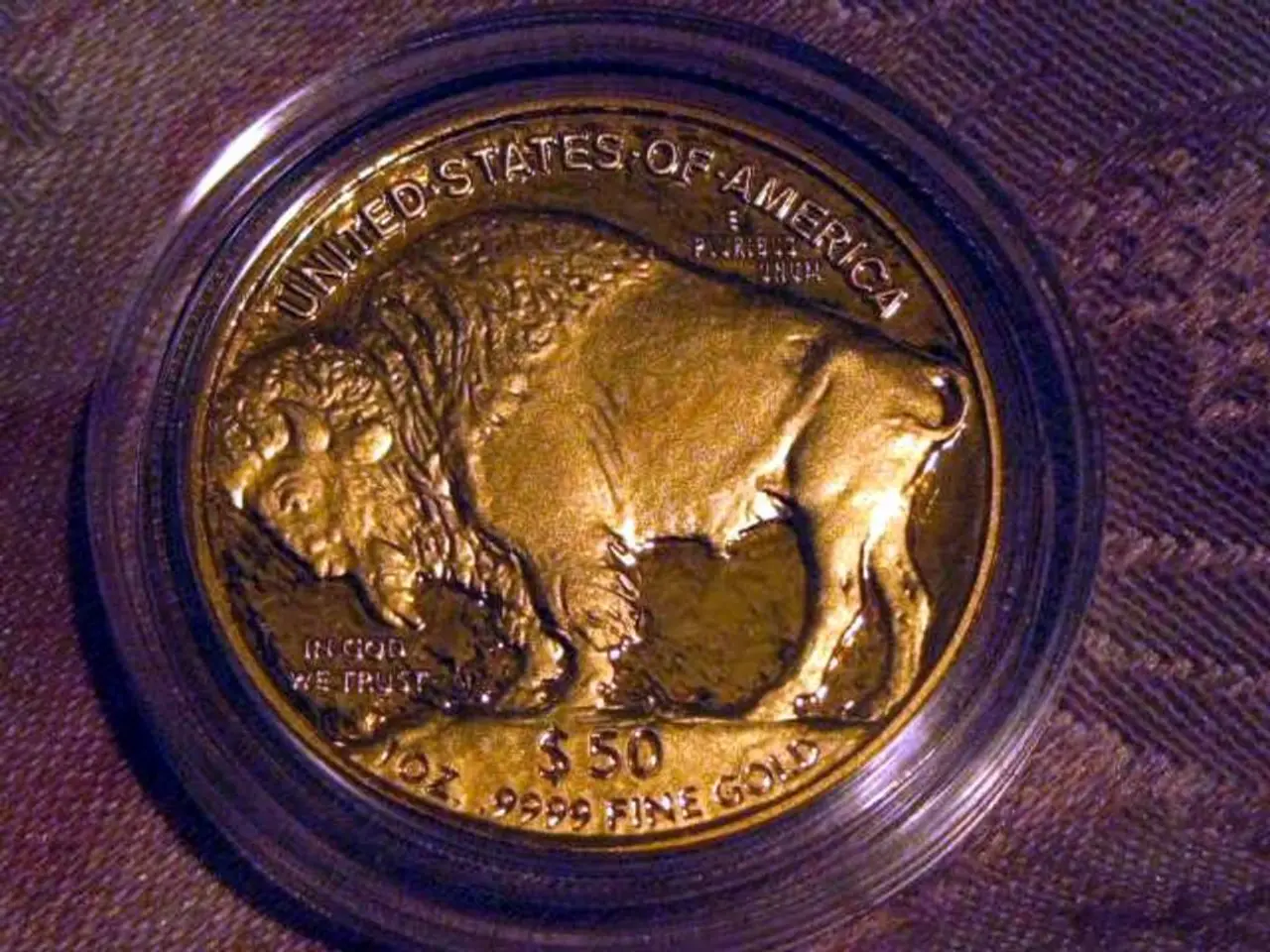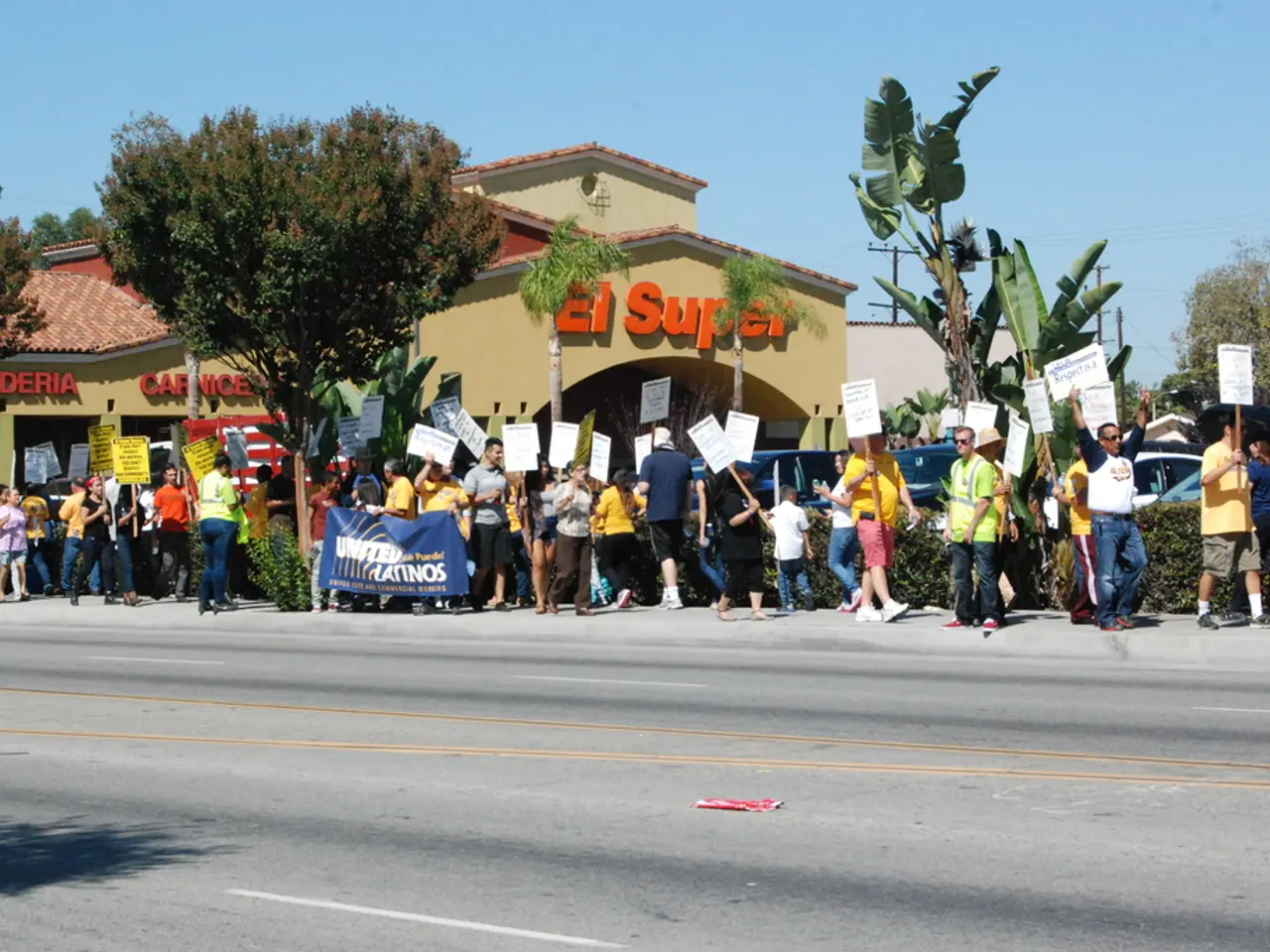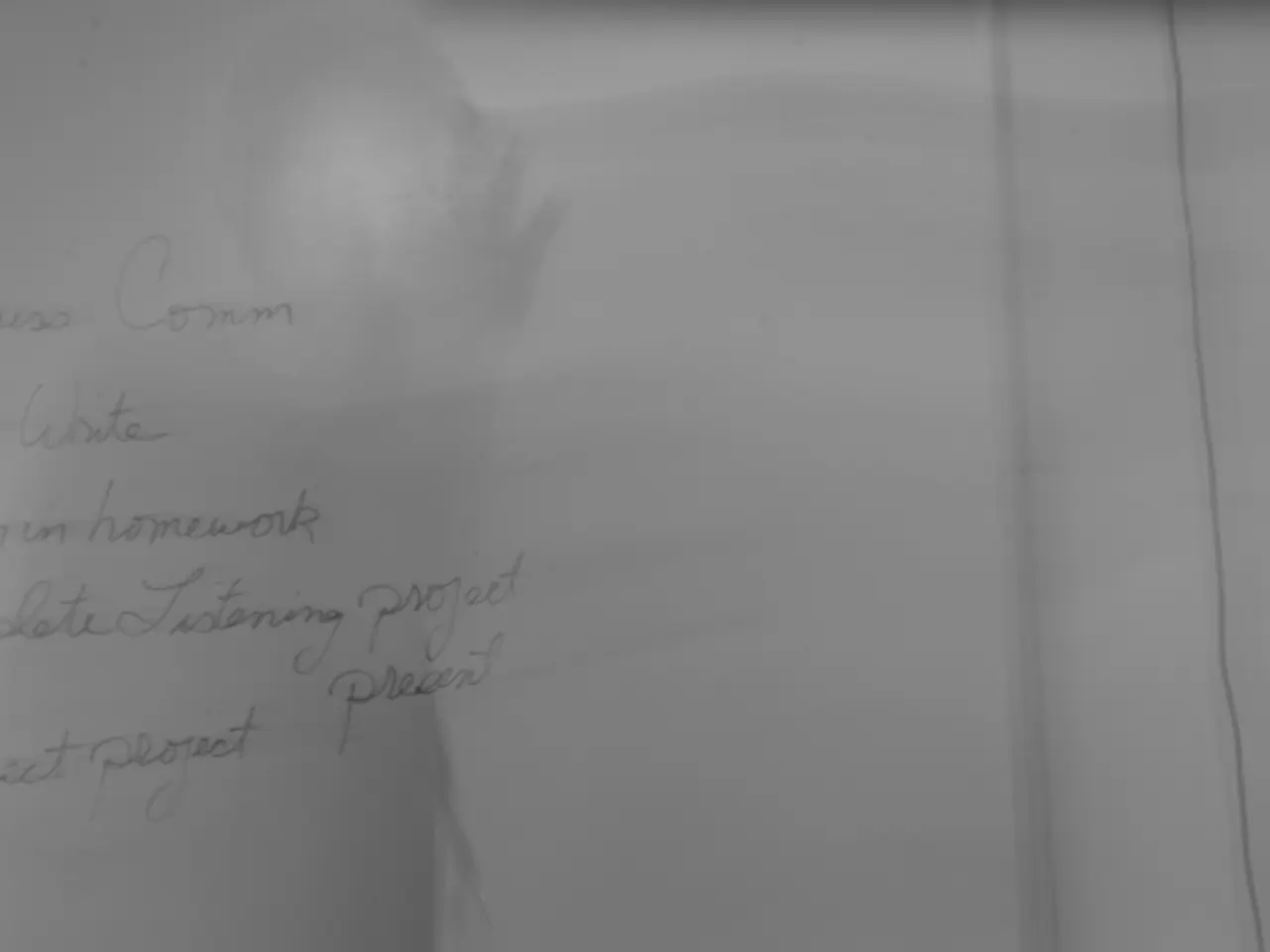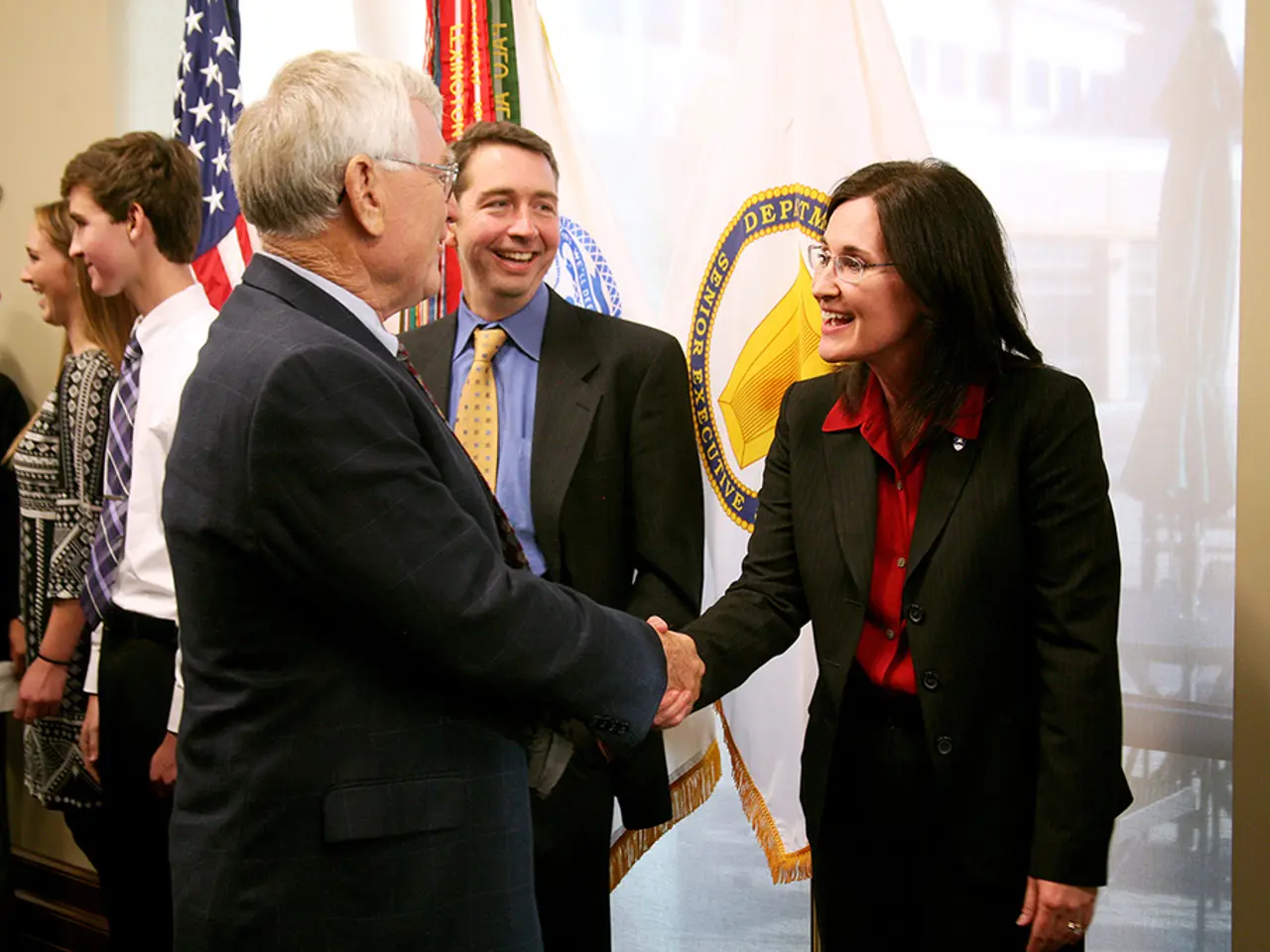Governor Hobbs Vetoes Legislation Regarding a State-Controlled Digital Asset Reserve, Putting State Cryptocurrency Plans on Hold
In the ongoing saga of cryptocurrency legislation in Arizona, Governor Katie Hobbs has vetoed House Bill 2324, marking the third consecutive rejection of digital asset-focused proposals during the current legislative session. The bill aimed to create a "Digital Assets Reserve Fund" using seized crypto assets from criminal cases, but was met with opposition from the governor due to concerns about law enforcement cooperation.
The bill, which initially failed to secure enough votes during a final House vote in early May, was later revived and pushed through to the Senate. However, it eventually faced Governor Hobbs' veto, delivered through an official letter. The veto letter specifically highlighted how the proposed legislation might harm cooperation between different levels of law enforcement.
The governor expressed concerns that centralising seized crypto assets at the state level could discourage local law enforcement agencies from working with state authorities on digital asset cases. This, she argued, would weaken trust and collaboration between state and local agencies and complicate enforcement efforts.
Arizona House Bill 2749, a different digital asset legislation, received approval in May and was successfully enacted. This bill allows Arizona to keep unclaimed cryptocurrency and establish a "Bitcoin and Digital Assets Reserve Fund" without using taxpayer or general state funds. The law enables the state to stake crypto holdings for rewards, integrating digital assets into unclaimed property frameworks safely.
The rejection of HB 2324 signals continuing friction between lawmakers and the governor in Arizona. The ongoing legislative battles in the state reflect broader national debates about how states should handle digital asset management and regulation in the cryptocurrency sector.
Arizona remains among a small group of states actively exploring formal crypto reserves, with states like New Hampshire having completed such processes, and Texas at similar legislative stages. However, the veto of HB 2324 halts the formation of a centralized state crypto reserve funded by seized digital assets, maintaining the status quo where local jurisdictions retain control over such assets.
Governor Hobbs' stance signals strong executive caution on exposing state funds or public assets to cryptocurrency volatility or centralized crypto asset management, favouring limited, risk-managed engagement like the unclaimed property framework already signed into law. The veto may also signal challenges ahead for legislation seeking to formalize state crypto reserves or investments, especially those involving public funds or complex inter-agency cooperation.
[1] Arizona Capitol Times. (2025, May 15). Arizona House Bill 2749 passes, creates Bitcoin and digital assets reserve fund. Retrieved from https://azcapitoltimes.com/news/2025/05/15/arizona-house-bill-2749-passes-creates-bitcoin-and-digital-assets-reserve-fund/
[2] Arizona Capitol Times. (2025, June 24). Senate passes Arizona House Bill 2324, creates digital assets reserve fund. Retrieved from https://azcapitoltimes.com/news/2025/06/24/senate-passes-arizona-house-bill-2324-creates-digital-assets-reserve-fund/
[3] Arizona Capitol Times. (2025, July 15). Governor Hobbs vetoes Arizona House Bill 2324, citing law enforcement concerns. Retrieved from https://azcapitoltimes.com/news/2025/07/15/governor-hobbs-vetoes-arizona-house-bill-2324-citing-law-enforcement-concerns/
- Despite Governor Katie Hobbs vetoing House Bill 2324, Arizona still remains among the states actively exploring the concept of a centralized crypto reserve, such as the one proposed by the bill, as highlighted in the Bitcoin and Digital Assets Reserve Fund established via Arizona House Bill 2749.
- The rejection of House Bill 2324 has brought Arizona's legislative battles surrounding cryptocurrency policy-and-legislation into the realm of general news, as it indicates continued friction between lawmakers and the governor, resembling broader national debates over digital asset management and regulation in the cryptocurrency sector.
- The veto of House Bill 2324 demonstrates Governor Hobbs' preference for limited, risk-managed engagement in cryptocurrency, as shown by her approval of Arizona House Bill 2749, which enables the state to participate in crypto activities, like staking crypto holdings for rewards, without directly exposing public funds or state assets to the potential volatility of the cryptocurrency market.








